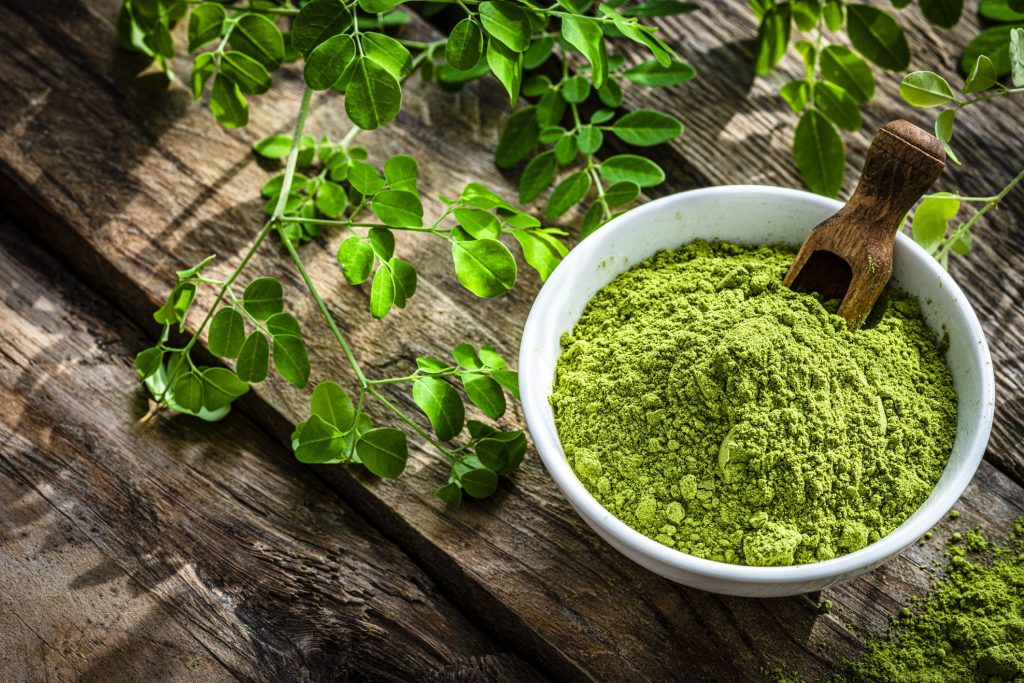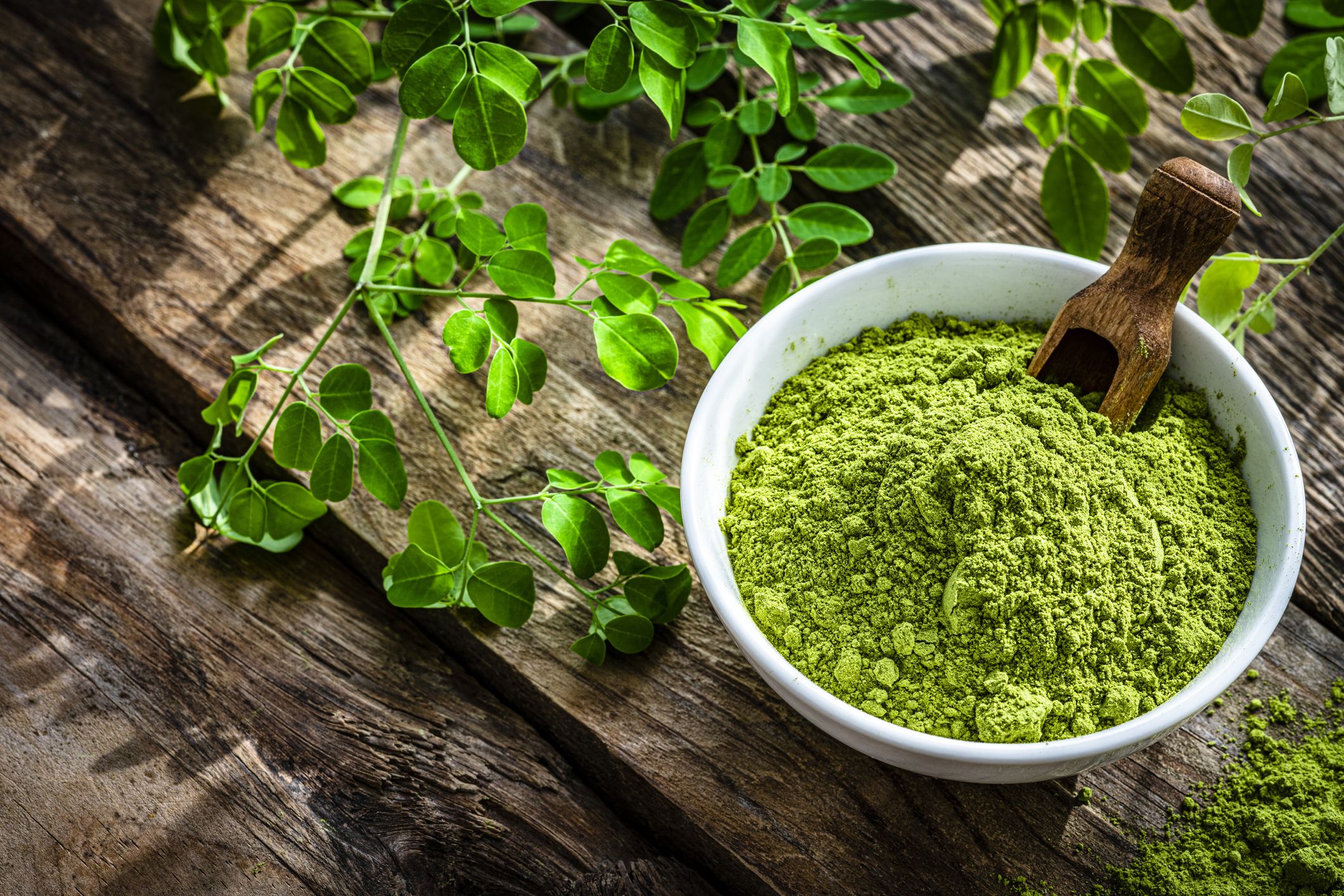Now Reading: How to Use Rosemary Oil for Healthy and Beautiful Hair in 4 Easy Steps
- 01
How to Use Rosemary Oil for Healthy and Beautiful Hair in 4 Easy Steps
How to Use Rosemary Oil for Healthy and Beautiful Hair in 4 Easy Steps

Rosemary oil is a popular natural remedy for hair growth, strength, and shine. But does it really work? And how should you use it? In this article, we will explore the benefits, uses, and side effects of rosemary oil for hair, and provide some tips on how to incorporate it into your hair care routine.
Table of Contents
What is rosemary oil?
Rosemary oil is an essential oil extracted from the leaves and flowers of the rosemary plant (Rosmarinus officinalis), a woody herb native to the Mediterranean region. Rosemary extract has a fresh, herbaceous, and slightly camphoraceous aroma that is often used in aromatherapy, cooking, and cosmetics.
Rosemary oil contains several active compounds that have various effects on the body and mind. Some of these compounds are:
- Carnosic acid: a potent antioxidant that protects the cells from oxidative stress and inflammation.
- Carnosol: another antioxidant that also has anti-inflammatory, anti-cancer, and anti-microbial properties.
- Rosmarinic acid: a phenolic acid that has anti-inflammatory, anti-oxidant, anti-viral, and anti-bacterial effects.
- 1,8-cineole: a terpene that has expectorant, decongestant, analgesic, and anti-inflammatory properties.
- Camphor: a ketone that has stimulant, antiseptic, and anti-spasmodic effects.
- Alpha-pinene: a monoterpene that has anti-inflammatory, bronchodilator, and memory-enhancing effects.
How does rosemary oil benefit hair?
Rosemary oil has been used for centuries as a natural remedy for hair problems such as hair loss, dandruff, greasy scalp, and dull hair. Recent scientific studies have confirmed some of these benefits and revealed the mechanisms behind them. Here are some of the ways this natural remedy can help your hair:
- It stimulates hair growth: Rosemary extract can promote hair growth by improving blood circulation to the scalp, which delivers more oxygen and nutrients to the hair follicles. It can also inhibit the enzyme 5-alpha-reductase, which converts testosterone into dihydrotestosterone (DHT), a hormone that shrinks the hair follicles and causes hair loss. A 2015 study found that rosemary extract was as effective as minoxidil (a common hair growth medication) in increasing hair count after six months of treatment in people with androgenetic alopecia (male or female pattern baldness). Another study found that a mixture of rosemary oil and other essential oils improved hair growth in people with alopecia areata (an autoimmune condition that causes patchy hair loss).
- It strengthens hair: Rosemary oil can strengthen hair by coating the hair shaft with a protective layer of antioxidants and fatty acids, which prevent breakage and split ends. It can also nourish the scalp and hair follicles with vitamins and minerals such as iron, calcium, magnesium, and vitamin B6. A 2013 study found that rosemary extract increased the tensile strength of chemically damaged hair .
- It adds shine to hair: Rosemary oil can add shine to hair by balancing the scalp’s oil production and restoring its natural pH level. It can also remove dirt, excess sebum, and product buildup from the scalp and hair, which can make them look dull and lifeless. A 2017 study found that rosemary extract improved the color intensity and gloss of dyed hair.
- It prevents dandruff: Rosemary oil can prevent dandruff by reducing scalp inflammation, itching, flaking, and scaling. It can also fight against fungal and bacterial infections that cause dandruff. A 2018 study found that rosemary extract reduced dandruff severity by 81% after four weeks of treatment.
How to use rosemary oil for hair growth
There are different ways to use rosemary oil for hair growth, depending on your preference and availability. Here are some of the most common methods:
- Massage it into your scalp: This is the simplest way to use rosemary oil for hair growth. You just need to dilute a few drops of rosemary extract with a carrier oil (such as coconut oil, olive oil, or jojoba oil) and massage it gently into your scalp for about 10 minutes. You can do this once or twice a week before shampooing your hair.
- Add it to your shampoo or conditioner: This is another easy way to use rosemary oil for hair growth. You just need to add a few drops of rosemary extract to your regular shampoo or conditioner and use it as usual. You can do this every time you wash your hair or as often as you like.
- Make a hair rinse: This is a more potent way to use rosemary oil for hair growth. You just need to boil some water and add a few sprigs of fresh or dried rosemary to it. Let it simmer for about 20 minutes and then strain it. Let it cool down and then add a few drops of this oil to it. Use this as a final rinse after shampooing and conditioning your hair. You can do this once or twice a week.
- Make a hair mask: This is a more intensive way to use rosemary oil for hair growth. You just need to mix some rosemary extract with other ingredients that are good for your hair, such as honey, yogurt, egg, avocado, or banana. Apply this mixture to your scalp and hair and leave it on for about 30 minutes. Then wash it off with shampoo and conditioner. You can do this once or twice a month.
What are the side effects of rosemary oil?
Rosemary oil is generally safe to use for most people, but it may cause some side effects in some cases. Some of the possible side effects are:
- Allergic reactions: Some people may be allergic to rosemary oil or its components, which can cause skin irritation, rash, hives, swelling, or difficulty breathing. If you experience any of these symptoms, stop using this oil immediately and seek medical attention.
- Scalp sensitivity: Some people may have a sensitive scalp that reacts to rosemary oil or its carrier oils, which can cause burning, itching, redness, or dryness. If you experience any of these symptoms, reduce the amount of this essential oil you use or switch to a milder carrier oil.
- Hormonal changes: Rosemary oil may affect the levels of certain hormones in the body, such as estrogen and progesterone, which can interfere with pregnancy, breastfeeding, or hormone-sensitive conditions such as breast cancer or endometriosis. If you have any of these conditions, consult your doctor before using rosemary extract.
- Drug interactions: Rosemary oil may interact with some medications that affect blood clotting, blood pressure, blood sugar, or liver function, such as aspirin, warfarin, antihypertensives, antidiabetics, or statins. If you are taking any of these medications, consult your doctor before using this oil.
Conclusion
Rosemary oil is a natural remedy that can help you grow long and luscious hair by stimulating hair growth, strengthening hair, adding shine to hair, and preventing dandruff. You can use rosemary extract in different ways, such as massaging it into your scalp, adding it to your shampoo or conditioner, making a hair rinse, or making a hair mask. However, you should be aware of the possible side effects of rosemary oil and use it with caution if you have any allergies, scalp sensitivity, hormonal issues, or drug interactions. Always dilute rosemary oil with a carrier oil before applying it to your scalp and do a patch test first to check for any adverse reactions.
FAQs
Q: How much rosemary oil should I use for hair growth?
A: There is no definitive answer to how much rosemary oil you should use for hair growth, as it may vary depending on your hair type, condition, and preference. However, a general rule of thumb is to use no more than 10 drops of rosemary extract per ounce of carrier oil or shampoo/conditioner.
Q: How long does it take for rosemary oil to work for hair growth?
A: The results of using rosemary extract for hair growth may vary depending on your individual factors such as genetics, diet, lifestyle, and hair care routine. However, some studies suggest that you may see some improvement in hair growth after three months of consistent use and more significant results after six months.
Q: Can I use rosemary oil every day for hair growth?
A: You can use rosemary extract every day for hair growth if you do not experience any side effects or irritation from it. However, you may not need to use it every day to see results. Some people may find that using it once or twice a week is enough to stimulate hair growth.
Q: Can I leave rosemary oil on my hair overnight?
A: You can leave rosemary extract on your hair overnight if you want to give your scalp and hair a deep treatment. However, make sure that you cover your pillow with a towel or a shower cap to avoid staining your bedding. Also, wash your hair thoroughly in the morning to remove any excess oil.
Q: Can I mix rosemary oil with other oils for hair growth?
A: Yes, you can mix rosemary extract with other oils that are good for hair growth, such as castor oil , coconut oil , olive oil , jojoba oil , argan oil , pepp


















































Charlesjam
Hello,
Best music download websites for DJs music collectors.
Full access files are available every time, trance, dnb, house, dance, disco…
Pingback: Moringa Leaves Benefits: 15 Amazing Ways to Improve Your Health and Wellness – Openatalk
Your code of destiny
I’m extremely impressed together with your writing skills and also with the format for your weblog. Is this a paid subject or did you modify it yourself? Either way stay up the excellent high quality writing, it’s uncommon to see a great blog like this one nowadays
zoritoler imol
I was examining some of your posts on this site and I think this site is real informative! Keep posting.
vorbelutrioperbir
Good day! I could have sworn I’ve been to this site before but after checking through some of the post I realized it’s new to me. Anyways, I’m definitely happy I found it and I’ll be book-marking and checking back frequently!